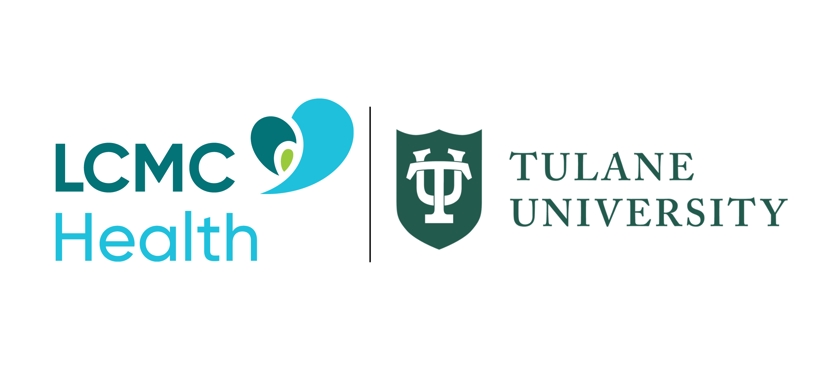Got your cancer screenings yet? Here’s why you shouldn’t put them off
- Category: Cancer Care, Primary Care
- Posted on:

At your last checkup, your primary care provider recommended you schedule a breast cancer screening this year. You know you need regular cancer screenings, but do you know why they’re so important?
Breast cancer screening and other types of cancer screenings play an important part in the early detection of cancer. Early detection is tied to better outcomes for cancer treatment. In other words, cancer is most effectively treated when it’s detected as soon as possible.
Still wondering why cancer screenings are necessary and which ones you need? The LCMC Health team fills in the details below.
Why cancer screenings matter
Oftentimes, you experience symptoms before a medical condition is diagnosed. With cancer, though, that’s not always the case.
Take breast cancer, for example. While some women develop lumps in the breast tissue or other symptoms like nipple discharge, many women do not have noticeable symptoms as abnormal cells develop. Breast cancer screening tests, including routine mammograms, can often detect those cancerous cells before they spread further.
The same is true for many other types of cancer, including colorectal cancer, cervical cancer and lung cancer. While these cancers can cause symptoms, they’re usually not noticeable until after the cancer has spread.
A cancer screening can allow you to begin treatment before symptoms ever develop. That, in turn, leads to better outcomes for treatment—the five-year relative survival rate for all types of cancer is higher for early-stage cancer than for cancers that have spread.
Which cancer screenings you need
Routine cancer screenings are recommended based on certain factors, including your age and your sex. While determining which medical tests you need can sometimes feel like solving a puzzle, your primary care provider (or a women’s health provider, as appropriate) can recommend the screenings you need and when you need them.
Cervical cancer screenings, including the Pap test, are recommended for anyone with a cervix—the lower part of the uterus that connects to the vagina—beginning at age 21. This test helps spot abnormal cells on the cervix, which are often caused by the human papillomavirus.
Regular mammograms for the detection of breast cancer are recommended beginning as early as age 40. New guidelines released in 2023 by the American College of Radiology recommend that all women talk with their providers by age 25 about their personal risk for developing breast cancer and a screening plan.
Colorectal cancer screening, done through routine colonoscopies or other tests, is recommended beginning at age 45 for those at average risk. Anyone who has risk factors for the disease may need to begin screening earlier or have more frequent screenings.
You might not have heard much about lung cancer screening, but this type of cancer screening test is important for those who smoke or who have done so in the past. Annual lung cancer screening is recommended for those ages 50 to 80 who smoke or used to smoke and have a 20+ pack-year history of smoking. That’s equivalent to having smoked one pack of cigarettes a day for 20+ years or two packs a day for 10+ years.
Lung cancer screening consists of a low-dose computed tomography (CT) scan that can identify any abnormalities in the lungs, allowing for the monitoring of any small nodules or masses present. While lung cancer is a particularly deadly form of cancer, cases of cancer found in an early stage, before symptoms develop, are often more likely to be cured, which is why this CT scan is so important.
Other screening tests may be recommended if you’re at a high risk of developing a specific type of cancer due to factors such as a personal or family history of that cancer. Talking with your provider can help you identify exactly which screenings you need.
Visit our Primary Care page.
LCMC Health offers a full spectrum of cancer care services in multiple locations, from diagnosis to treatment and beyond. Find the location nearest to you.

